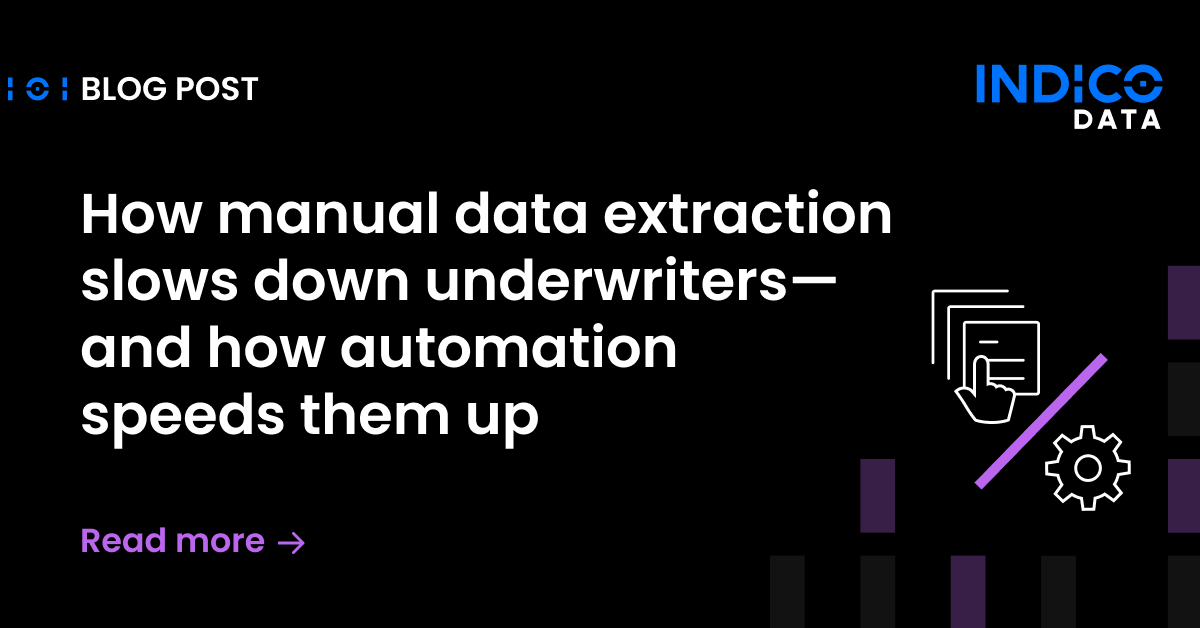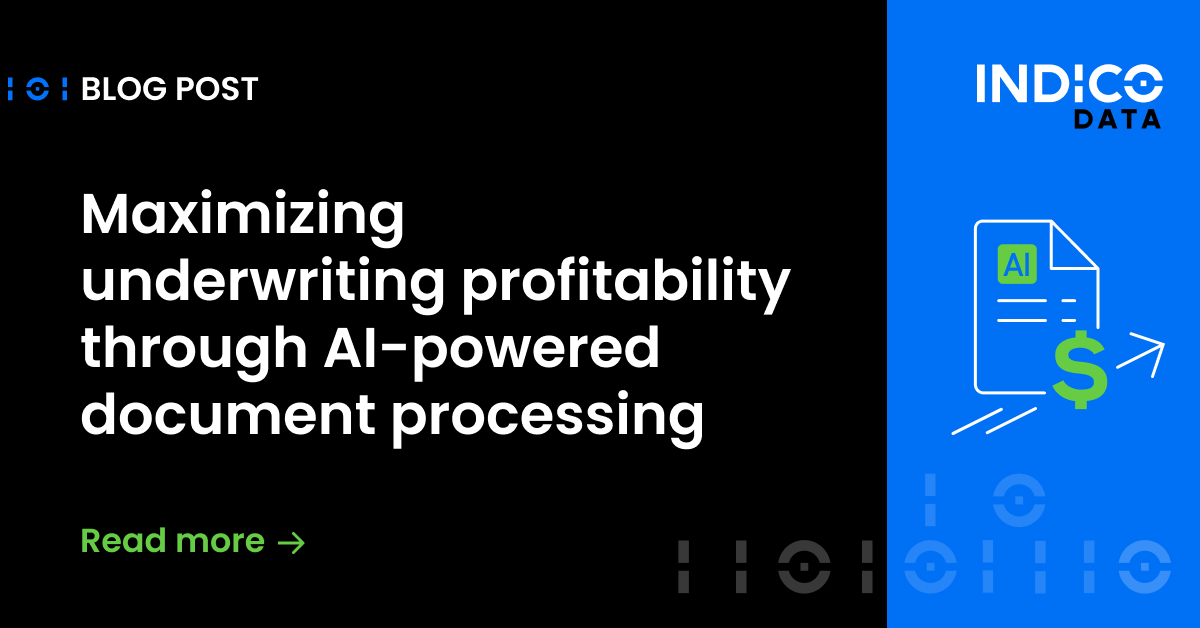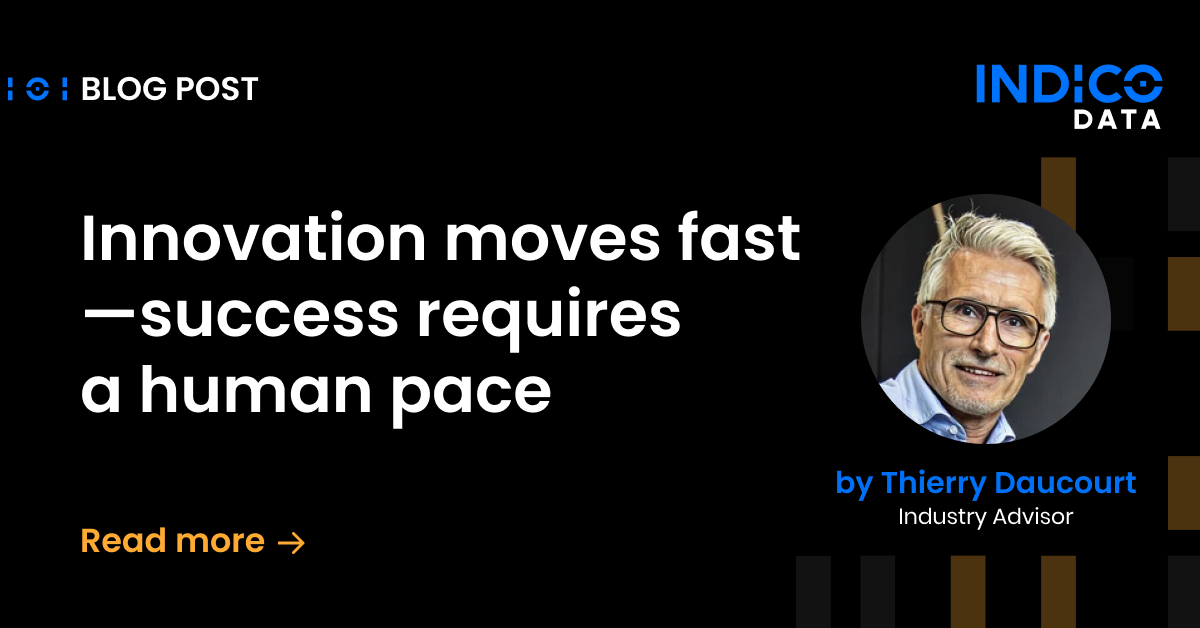As we’ve discussed many times, robotic process automation can be a great complement to intelligent document processing (IDP) solutions. Another example cropped up having to do with the Tableau visual data analytics platform, illustrating how IDP makes it possible to add unstructured data to process automation and analytics routines that could previously process only structured data.
UiPath, a leading RPA vendor, announced integrations with Tableau, a leading data analytics platform. In a nutshell, the integration enables UiPath robots to extract data from Tableau reports and dashboards and use them as inputs to process automation routines. Similarly, users themselves can kick off automations from within Tableau reports or dashboards.
This is certainly good news for both UiPath and Tableau customers, as it makes both products more useful. Companies already use Tableau to gain valuable insights from their structured data. Now they can immediately take the results of those insights and turn them into actions.
Use cases for analytics and RPA
Examples include a retail scenario where Tableau provides data on current stock levels as compared to predicted demand. When warranted, a UiPath robot could automate the process of re-ordering appropriate products.
A sales organization may use Tableau to help it uncover potential sales leads, then use UiPath to automate follow-up on those leads, such as by sending an email. IT groups may use Tableau to identify servers in need of patching, then launch a robot to perform the update.
These are all examples of the role automation can play in helping companies increase efficiency and productivity. And they all work well, subject to one caveat: the data entered to Tableau must be structured data. Unstructured data analytics is off the table.
The structured data dilemma
A UiPath diagram explaining how the Tableau integration works makes that point at least relatively clear. It shows inputs to Tableau as “Systems of Record,” with examples being “LOB system, database.”
Line of business (LOB) systems, presumably, could be things like customer relationship management (CRM) and enterprise resource planning (ERP) tools, among others. They, along with databases, would be able to feed at least some data to Tableau in a structured format.
But such structured data accounts for a small sliver of all data in most organizations, maybe 10% to 15%. The rest is unstructured data, which could be anything from Word and PDF documents to emails, images and voice recordings.
Even something like a CRM system may include unstructured data, including emails and PDFs containing contract details. It’s not hard to imagine how companies would like to be able to access all kinds of data that lives in unstructured documents and feed it to an analytics engine like Tableau.
Consider insurance claims data, which may include an adjuster’s hand-written notes and numerous photographs. Financial companies must deal with 10Ks, 10Qs and other financial documents that employees must read in detail to find valuable nuggets. Commercial real estate firms would like to be able to pull pertinent data from hundreds of lease agreements and turn them into actional data for an analytics platform like Tableau.
Prepping unstructured data for analytics
The ability to extract data from such unstructured documents requires an intelligent document processing platform. IDP makes use of artificial intelligence technologies such as deep learning, machine learning, transfer learning and natural language processing in order to “read” unstructured documents just as your employees would – but far more quickly.
An IDP platform enables those who are most familiar with a given process to create models for extracting pertinent data from unstructured content. It then turns that data into a structured format that analytics tools such as Tableau can understand, typically JSON, .csv or some proprietary format.
IDP makes your RPA and analytics platforms far more valuable by enabling them to work with unstructured data, which again makes up about 85% of all data in most organizations. Now you can open up entire new realms of analytics capabilities from the likes of Tableau, and feed even more automation routines to your RPA robots.
The Indico Unstructured Data Platform is one such solution that can help you unlock value from your unstructured data. To learn more about how it can help address your business process automation and analytics challenges, check out our interactive demo to see it in action. If you like what you see, you can schedule a more in-depth demo or engage in a free trial.


